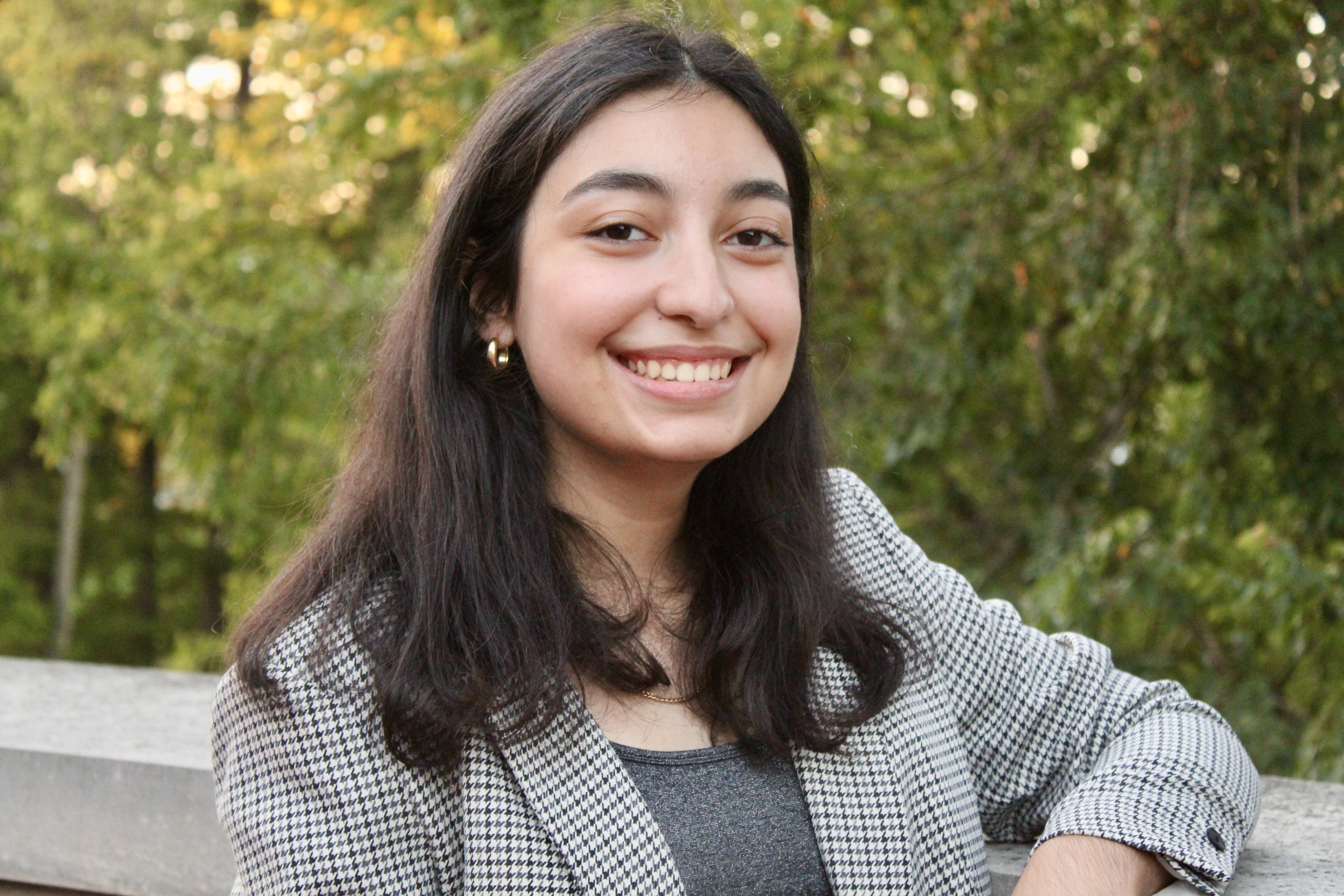You wake up in the morning for another day of classes. Maybe you have a three-hour lab, or a twelve-page essay due tomorrow that you haven’t started yet. Maybe you have nothing going on, but you’re hungover from yesterday’s frat party. No matter what the reason is, you need energy. And where do you get it? Coffee.
Coffee, one of the world’s most popular beverages, is consumed in huge amounts by college students. According to a study published last year, college students ingest twice the recommended safe dosage of caffeine, which is coming from coffee, as well as other caffeinated beverages. This statistic isn’t surprising; in fact, we all have contributed to it. College can be really difficult for a variety of reasons, whether it’s because of having a lot of classes, personal issues with friends and family, or even mental health disorders like anxiety, depression, or eating disorders, which are all highly prevalent in college-aged adults. Perhaps one drinks coffee (or other caffeinated beverages) to stay awake, or the taste makes them feel good, or they think it’ll help them cheer up from their depressive episode or sober them up enough to drive to school.
Despite the “benefits” caffeine may bring, it’s important to understand the critical downsides to its usage. To do this, we have to break it down to a neuroscience point of view. Caffeine is a psychoactive substance, meaning it alters or interferes with the brain’s molecular activity. Caffeine is a stimulant that blocks adenosine receptors in the brain, particularly in parts of the brain responsible for emotion, cognition, and motivation (Bertasi et al, 2021). This could explain why drinking coffee makes us feel more alert and ready for the day. But what happens if we have too much of this stimulant drug?
Coffee can give us the jitters sometimes, but those feelings aren’t just jitters; sometimes, they can lead to full-blown anxiety disorders, uncomfortable anxiety symptoms, or even depressive symptoms. Bertasi et al. investigated the correlation between caffeine consumption and mental health disorders in college students. They found that there was a correlation between caffeine consumption and symptoms of anxiety and depression, but the most statistically significant correlations were between caffeine consumption and anxiety, regardless of whether or not the participants in the study had a previous mental health diagnosis. Furthermore, those who engaged in caffeine consumption were more likely to experience symptoms such as “poor appetite or overeating”, “trouble falling asleep or staying asleep”, and “becoming easily annoyed or irritable”; those who drank more caffeine felt these symptoms more often (Bertasi et al, 2021).
It’s clear that caffeine can cause some not-so-good symptoms, but what about all the good benefits, like feeling alert and happy? There are other ways to make us feel good without ingesting caffeine. Getting the right amount of sleep per night (at least 8 hours) can help us boost our energy, as can drinking at least 8 glasses of water per day. If you like the taste of coffee, consider switching to decaf. Maintaining a fun morning ritual can still be down with a glass of lemon water or a low-caffeine tea. If you absolutely want to have coffee, at least try to have fewer cups a day earlier in the day, to reduce anxious and depressive symptoms as well as to maintain the best sleep hygiene possible. With this knowledge in check, maybe think again before reaching for that next cup of coffee.
Works Cited
Bertasi, R., Humeda, Y., Bertasi, T., Zins, Z., Kimsey, J., & Pujalte, G. (2021). Caffeine Intake and Mental Health in College Students. Cureus, 13(4), e14313. https://doi.org/10.7759/cureus.14313
Think Again Before Heading to the IMU Starbucks: the Effects of Caffeine on College Students
By: Raya Haghverdi
Sunday, March 20, 2022



